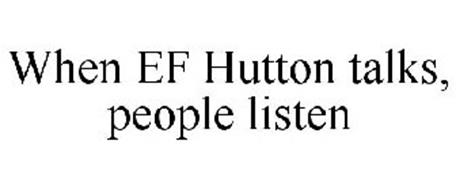
So we're over a year into the Trump regime. Frankly, I'm surprised he's made it this long. People often look at what others have done and think - I can do that, easier and better. They may have skills that are comparable, or have a desire to try their hand at something. But in many cases, they just think they've got an ability to do something without truly understanding the nature of the task.
https://www.npr.org/2018/01/19/578858897/turnover-in-trumps-white-house-is-record-setting-and-it-isn-t-even-close
This article is more than a month old, and it points out the turnover in the Trump administration's cabinet/White House. It's at once completely astounding, but also not terribly surprising that it's gone this way. This is probably the biggest symptom of what I'm talking about - Trump doesn't know how to lead, and shouldn't ever have thought he could.
Now, Trump has a certain business acumen. I'm not one to second-guess that - he's been successful running a brand and real estate business, assuming that "success" in this instance means "made a pile of money through the efforts of others, largely by just slapping his name on the sides of buildings and exploiting others." What people mostly are impressed by is the "made a pile of money" bit, ignoring the rest. It seems that you can get by with just about anything provided you make a big pile of money.

So, what's the difference between leadership and money, or what is the connection between leadership, power, and money?
In Les Miserables, Victor Hugo noted the following:
“Win a lottery-prize and you are a cleaver man. Winners are adulated. To be born with a caul is everything; luck is what matters. Be fortunate and you will be thought great.”
This is the biggest problem with our capitalist society - those who are born rich are perceived to have more ability or intelligence. Those who are rich are listened to, consulted with, and deemed wise. This is not necessarily true.

We live in a world, though, particularly in America, where people who have money support causes and candidates that most closely matches their own goals and desires. So they donate to the campaigns of those folks, while others whose ideas run contrary get nothing. And while these donations do not necessarily mean influence, naturally there's an increase in the access that's granted. This becomes problematic, because when you hear only those who agree with and/or support you, your experience becomes very one-sided and your mind and heart are full of only those points of view.
Unless you're Trump, who really doesn't seem to listen to anyone except the strange voices in his own head. Hence the turnover. And also the reason for real concern.
Real power in my experience is gained not from the accumulation of capital, nor for the concentration of decision-making authority in one person or carefully-selected body. No, real power comes from understanding one's position relative to that power - that is, if you want to find real power, you must first learn how to abandon the pretense, the desire for the accolades and glory, and the presumption of superiority. Real power comes from the appropriate dispersal and diffusion of power.
This is something Trump and people like him do not understand.
The solution to this kind of pride and arrogance is service. The person who leads is not above anyone - quite the contrary. Those who would lead must first become the servant of all. This lesson, so absolutely vital to anyone who wants to have others understand and work together for a common goal, is something that almost all leaders never learn. Those who would be great must learn to be the least, and to do it in sincerity and love.
Comments